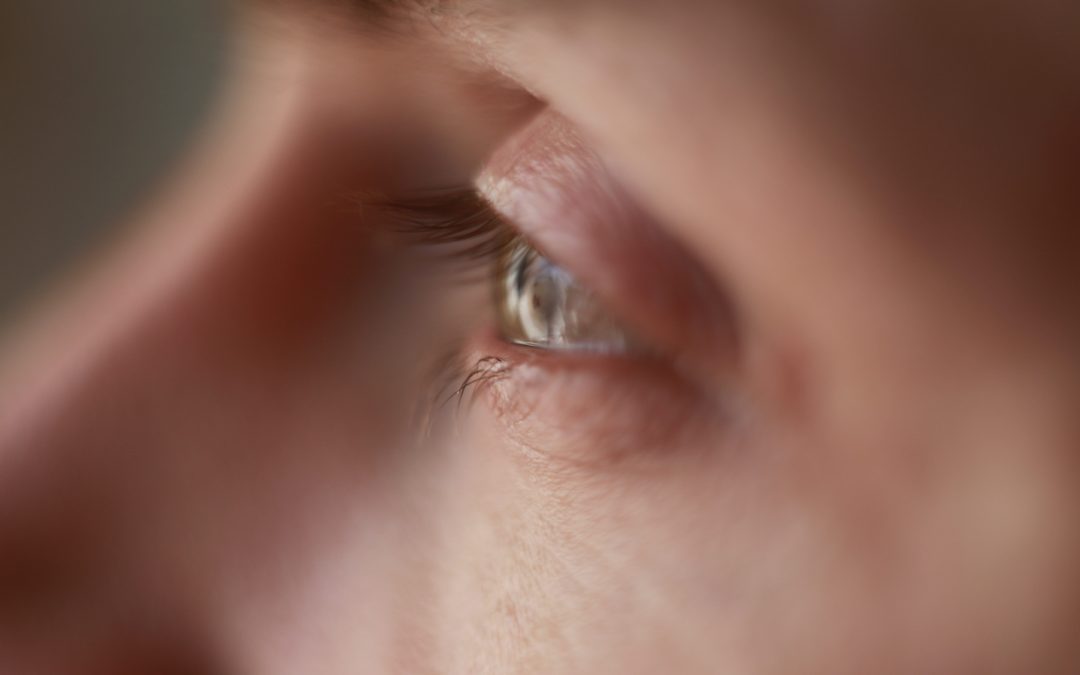Depth perception allows you to assess the distance between things, which is a valuable ability in the day-to-day lives of everyone. Whether you’re simply walking around, crossing a busy street, or even driving, a lack of depth perception can negatively impact your daily life. It’s not limited to adults, either—lack of depth perception can cause delays in a child’s learning because they cannot see properly.
If you have noticed problems with your eyesight, you may not realize it could be a depth perception issue. But what causes a lack of depth perception?
Your eyes work together, but each eye sees a slightly different image. Your brain works to take the “picture” from each eye and blend them into one image, allowing you to see in 3-D. Once your brain processes the image, you can tell how close or far things are. This entire process is called stereopsis, and you may take it for granted if you have normal eyesight.
You should always be treated by a trained professional for any eye problems. The Vision Development Center Of Lancaster can help diagnose and treat you for several different vision problems.
Here is a test that can help determine whether or not your problem is related to depth perception:
- Look at an object in front of you, like a light switch on the wall.
- Hold a pen (or your finger) in front of your eyes while looking at the object in the distance. The pen should be approximately six inches from your eyes.
- Try to use both eyes to focus on the pen. At this point, you may see that the light switch on the wall appears out of focus and is on both sides of the pen.
- Now, use your eyes to focus back on the light switch on the wall. You should now see the pen on both sides of the light switch.
If you had trouble during any part of this test, it might be time to see your eye doctor. While this is not an end-all test, it can certainly help you determine if you should seek the help of an experienced physician. Issues with depth perception can come in a few different forms, and several factors contribute to them.
Amblyopia
You may notice that one of your eyes performs better than the other when looking around or tracking objects in your environment. Amblyopia, also known as lazy eye, is when one of your eyes is significantly weaker than the other. It is common in young children and even babies.
Optic Nerve Damage
Nerve damage can cause your optic nerve to become irritated or swollen. This can also create issues that will affect your vision or depth perception.
Eye Trauma
Trauma from an accident or impact can cause several issues. If one of your eyes is badly damaged or you lose the ability to use an eye, your depth perception may be impacted.
Regardless of the root cause behind your lack of depth perception, vision therapy can help. Vision therapy uses tests, tools, and equipment to develop and train your eyes and brain.
The Vision Development Center Of Lancaster has a vision therapy program that consists of in-office visits and at-home tasks that can help correct vision problems such as lack of depth perception. A trained professional will use specialized filters, lenses, prisms, and other equipment to help a weak eye become stronger. They may also employ different exercises to help with eye-tracking and hand-eye coordination as well.
If you think you are experiencing a lack of depth perception or another vision-related issue, contact the Vision Development Center Of Lancaster at 717-656-0534. We would be happy to set up an appointment to determine what you are experiencing and review treatment options that can help. Click here to take our vision quiz to get started on your journey to better eyesight!

